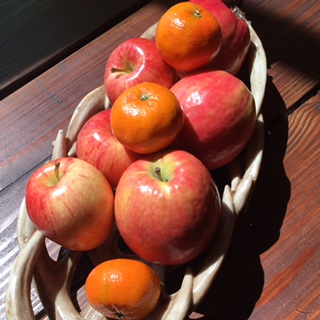The Christians and The Pagans
Tolerance is one of those words that seems to be said more frequently in the inverse than directly. While logic dictates that the ways we could be intolerant should be equal to the ways in which we’re tolerant, intolerance always seems to get top billing.
Harsh words, actions, or worse catch our attention. But taking a step back, the division took root in our prior thinking. It begins the moment we shift from acknowledging the differences between us to judging them. We attribute a negative value to them.
Consider, one of the first things we do upon making someone’s acquaintance is to compare notes on those things we have in common. We do this with little things like sharing favorite restaurants and music. Eventually, we move on to more complex, value-driven topics like politics and religion. The joy of affinity becomes the underpinning of growing trust.
We assess our differences in two ways. It is either as an opportunity to learn from another’s diverse experience or as a threat to our beliefs.
Judgmentalism is as cunning as it is subtle. It begins with an observation like one of these:
- You look different than me.
- We worship differently.
- We have different orientations.
- Your name is unfamiliar to me.
- We speak differently.
- We are different ages.
And, then the vital leap… Any perceived difference between us is a threat.
Regardless of the platform for comparison, the ultimate result of this thinking is to separate me from you. It is always divisive never inclusive. We are each lessened by this disconnection.
Given the date on the calendar, I’ll leave you with a quote from one of my favorite songs of Christmas and inclusion.
So the Christians and the Pagans sat together at the table,
Finding faith and common ground the best that they were able,
And just before the meal was served, hands were held and prayers were said,
Sending hope for peace on earth to all their gods and goddesses.– Dar Williams, The Christians and The Pagans


